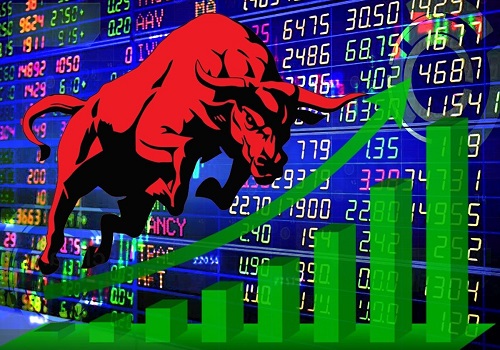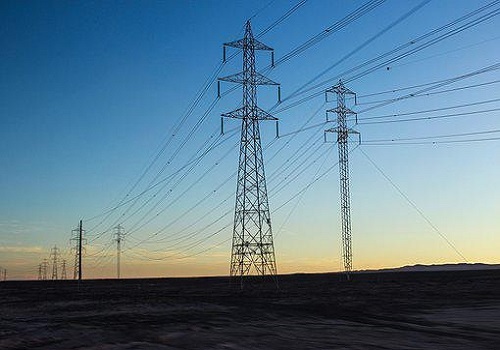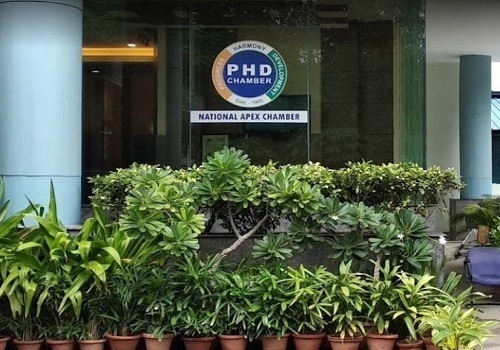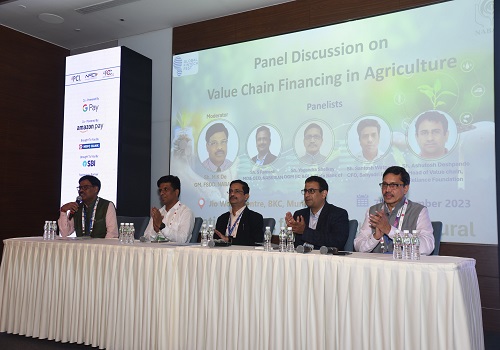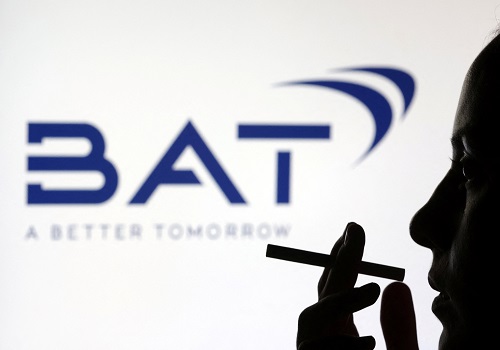Recovery impacted as supply chain disrupted, demand contracts: PHD Chamber
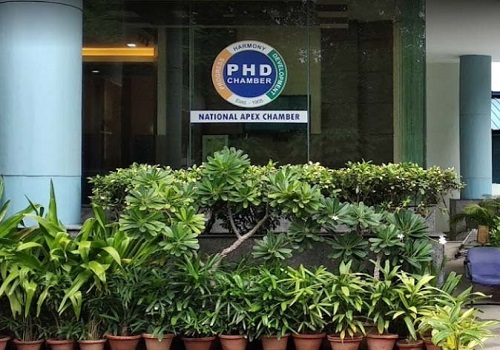
Follow us Now on Telegram ! Get daily 10 - 12 important updates on Business, Finance and Investment. Join our Telegram Channel
Re-emergence of Covid-19 cases in India and resultant partial lockdowns and curfews in many parts of the country in April have impacted the pace of economic recovery with disruptions in supply chains and contraction in demand, industry body PHD Chamber of Commerce and Industry has said in its latest research report.
The "storm-like spread" of the pandemic will have an impact on the anticipated double digit GDP growth trajectory in FY22, it said.
According to the report, out of the 10 economic and business indicators of QET (Quick Economic Trends), only six have performed positive in April 2021 -- GST collections, e-way bills, railway freight, exports, forex reserves, and manufacturing PMI.
But, the other four indicators -- passenger vehicle sales, unemployment rate, exchange rate and stock market -- registered a decline in April 2021 over the previous month.
This pandemic has created uncertain economic conditions, causing contraction in demand and subdued investment activity in the country which is posing a downside risk to the economic activity in the coming months, the industry chamber said in its report, based on the current assessment of the economic indicators.
The low base effect, along with strong pace of economic recovery, had created a great hope of double digit growth in 2021-22, however, the pandemic has created emergent signs of slowdown, said PHDCCI President Sanjay Aggarwal.
According to the report, e-way bills has shown a highest growth of 583 per cent over the corresponding month in previous year on a low base effect of April 2020, followed by GST collections with growth of 338 per cent over the same period.
"The second wave of Covid-19 has struck like a storm throughout the country, setting new records of daily cases, active cases and deaths. People are channelising their savings towards the medical expenses of their family members," said Aggarwal.
The entire economic activity is severely impacted with the closure of offices and shops. The Pandemic has significantly influenced the buying behaviour of the consumers as many have postponed their larger expenditures such as purchase of vehicles, electronics, among others, he added.
The significant pick up in the economic activity was observed from October 2020 and peaked in January 2021 before declining from February 2021, he said.
"At this juncture, rapid administration of Covid-19 vaccination becomes crucial to resume the pace of economic momentum," said Aggarwal.
Further, immediate policy attention is required towards credit access to industry, particularly to the MSMEs. Credit disbursement should be the top priority at this juncture by the banking sector. The focus should be on ensuring provision of hassle-free disbursements of loans vis-a-vis enhanced liquidity for MSMEs, said the industry body.
Also, there is a need to lower interest rates for consumers and businesses, and for lesser compliances for MSMEs vis-a-vis ease of doing business at the ground level, it added.
A substantial stimulus to create effective strides for futuristic growth trajectory for the Indian economy and for diminishing the daunting impact of the second wave of the pandemic covid-19 on economy, trade and industry would be crucial to support the economic momentum in this extremely difficult time, said Aggarwal.



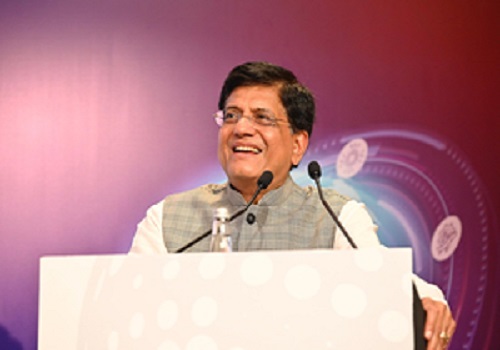

.jpg)









